My brother and I hung on train door from Umahia to Kaduna —Nwosu
[ad_1]
Dr Chukwuemeka David Enyiocha Nwosu, journalist, scholar, and author, is a public policy analyst. He shared the story of his life with TUNDE ADELEKE.
How was growing up like?
Well, I don’t know if you have got a copy of my book which I released to the public about five months ago at the Yar’Adua Centre, Abuja – Media, Politics, and Power in Nigeria: A Personal Perspective – in which I articulated issues surrounding my formative years.
I would say I grew up at a time when this country was still arriving; when the country was still far better than what it is today; a closely-knit society. Even though we had our differences in culture and languages, Nigeria essentially, was an important place, a big place to be; our differences were not pronounced, and we all loved happily together.
I was born in Kaduna because my parents were living in Kaduna – my father and mother was merchants. My father traded in foodstuff, basically stuff like yam, gari, and so on. He would bring lorry loads from the Mid-Western Region, from Asaba, Agbor, and all those places to Kaduna. He had shops within the Kaduna Central Market. My mother too was an entrepreneur who was involved in making soap and traditional soda soap which were being distributed to various places in Kaduna. Kaduna was a mini-Nigeria because tribes were there – the Yoruba, the Igbo, the Kanuri, the Hausa, the Nupe, and others. That was the city where I was born. Everybody went about his or her business without any molestation, without any disruption in terms of social crisis. So, I was born at St. Gerald’s Hospital, Kakuri which is in the southern part of the city after the Kaduna River. The hospital is still there today. I think it’s owned by the Catholic Mission. That was February 1960.
Can you recall some of the pranks you were involved in as a youth?
Young people are used to pranks; definitely, my own cannot be an exemption. I remember when we were growing up, most times, parents might tell us not to go to certain places, but out of curiosity, we would find ourselves where we were told not to show up.
But actually, one of the pranks that got me into trouble with my father was when my younger brother and I went out of our way from the village and boarded a train without telling our father we were coming to see him in Kaduna. They told us our fees were due and that if we didn’t pay, they would not allow us to return to school. So, we left school and joined the train. It was a very risky venture; we didn’t buy any tickets, we just hung on the door of the train and we were switched from one door to the other each time the ticketing clerks were coming around, so as not to be able to detect us. It was such a risky venture. When I sit down now and reflect on those things, I just thank God for his mercies. He was the only one that could do all He has done; it’s an amazing grace. If our hands had slipped off, what could have happened?
When we met our father, he was furious because he never knew we would embark on such a perilous and long journey. So, when he asked us how we got to Kaduna and we told him, the man was very furious and he lambasted us and our mothers (the two of us were of different mothers) for allowing us to undertake such a journey. He berated us in the presence of his friends for coming to Kaduna because of school fees.
What about your schooling?
For my secondary education, I attended both Ohuhu Community Secondary School in Umuahia and DMGS, Onitsha. I was more than an average student; I cleared all my WASCE papers. I was among the 24 students of that school that made the Grade I division. Thereafter, I secured admission into the University of Nigeria, Nsukka to study Political Science. One of the things that attracted me to that course was as a result of the experience I had had from the biographies of eminent African statesmen that I read. While I was at DMGS, I won the two best prizes in History and Geography. So, history was the subject I enjoyed most. I read a lot about the biographies of African statesmen like Dr. Nnamdi Azikiwe, Chief Obafemi Awolowo, Julius Nyerere of Tanzania, and Jomo Kenyatta of Kenya. I also read stories of people like Kwame Nkrumah of Ghana and others who were involved in the nationalist struggles for the decolonization of the continent. These are some of the things that inspired me to read Political Science so that I can advance the frontiers of knowledge. I continued, without any sense of immodesty, with sparks of excellence while I was at UNN.
Those days, the government was used to giving scholarships to students, and in my department, first-year results were used to judge. And to God be the glory, I was one of the best four in my class, the Class of 1980 – 1984; I was one of those that were given scholarships. So, I read with a federal scholarship. And one of the conditions for you to retain the scholarship was that your cumulative grade point shouldn’t be less than 2.1. There were four of us; at the end of the day, one person could not retain the scholarship, but three of us did.
Equally, I was involved in student politics. Like I said earlier, biographies of African statesmen inspired me and I offered myself for service. I served as Hall Rep in Zik’s Flats. I was also elected Secretary General of the Political Science Students Association and that same year too, I ran for election to the Students Representative Council, but I lost because at that time, the unit of representation was the hall of residence and I just moved into the hall – Mbanefo Hall. The fact that I was new affected me. I did well at the manifesto night. The argument against me was that I was coming from Zik’s Flats as a new resident into Mbanefo Hall; I could not represent them in the SRC. So, I lost that election, but that year, I was elected Secretary General of the Political Science Students Association. The following year, I ran for election for the office of Public Relations Officer of the students union which entailed campaigning across the length and breadth of the entire university. In the course of doing that, I visited all the rooms in the hostels and all departments; I carried the campaign to all nooks and crannies of the university community. That very year, the school was agog because for the first time, so many students were involved and all offices were contested for. That same year, Charles Soludo, who is now the governor of Anambra also ran and came a distant second. He was defeated by his roommate and classmate, Tony Ezebuiro. I was elected PRO/Information Officer.
How has your career journey been?
I think from ‘day one, I have always had the flair for writing and the written word. That’s how I got published as a student by the Satellite newspaper which was owned by the then-governor of Anambra State, Chief Jim Nwobodo. I would write articles and send them to the editor. So, I got published; an indication that I could write something that makes meaning to people.
From then on, I continued writing and sending to other newspapers. My target, however, was the Daily Times which was then the flagship of Nigerian newspapers. There was Page 3 which was the selling point of the paper then. Once you got published on Page 3, it meant you had something you can communicate to the reading public. So, I was encouraged by one of my cousins, Nduka Nwosu, who was one of those that pioneered business Journalism in Nigeria, starting from the Daily Times empire in those days. So, he encouraged me while in the university to keep writing. So, his influence got me published on Page 3 of the Daily Times. Since then, there was no looking back.
So, when I finished my youth service, and I could not get a job at Ondo State Polytechnic, Owo where I served, I returned to Lagos and based on the encouragement I received from my cousin, and even my late brother, Iheanyi, who was also an academic, I was writing and getting published, until the opportunity came when they were recruiting the first set of graduates to bolster one of the titles in the Daily Times stable – Times International. So, they needed fresh graduates to boost the paper; we had a competitive examination of over 100 applicants and that was the time of Chief Segun Osoba as managing director. There was no form of favouritism or any kind of interference. That interview was outsourced to the Mass Communication department of the University of Lagos. I sat for the exam and at the end of the day, only six of us out of 100 made it purely on merit. So, I happened to be one of the six; others were Abiodun Rauf, who later became editor of Nigerian Tribune, Femi Olatunde (now late), Louis Okoroma (late), Kodilinye Obiagwu and Rotimi Ogunleye who later served as commissioner in Lagos State. We were recruited and we did our best. Our editor then was Dayo Alao, who later became a professor and vice chancellor, at Adeleke University, Ede. So, that’s how I started in 1987 with Times International. We were there when the Babangida regime came up with the idea of a transition programme. In response to the transition programme, a political desk was constituted in the mainstream Daily Times and the editor then was Onyema Ugochukwu.
You were also moved?
Some of us were considered for the desk and I was picked from Times International to be part of the desk. Our political editor then was Dr. Femi Sonaike, who was brought in from Ogun State Polytechnic, Abeokuta; others were Akpo Esajere, who later moved to The Guardian as political editor, Basil Obi (now late), Segun Ayobolu who later became chief press secretary to Bola Tinubu as governor of Lagos State. So, all of us worked together, including Tunde Rahman, now spokesman of Bola Tinubu. We did very well in reporting and interpreting the political transition programme of the Babangida administration then.
The political pages of the Daily Times at that time were a delight to any person who wanted to know what was going on at the time – the plot of the military. Daily Times was making a lot of impacts. So, I had a good time on the political desk of the Daily Times. When Sonaike became editor under the leadership of Dr. Yemi Ogunbiyi as managing director, Segun Ayobolu became political editor. Others like Tunde Rahman and Bayo Oladipo joined us, and we continued to do well. Eventually, Ayobolu left to serve as press secretary to Iyorchia Ayu as Senate President. Basil Obi became the political editor and I later took over from him.
I was on the political desk for a while and later became deputy editor of the Daily Times under John Araka as editor. Before then, Araka was the chairman of the Editorial Board. I equally served on the Editorial Board.
There I was until I was seconded to serve as Special Adviser, Media & Public Affairs to the then Senate President, Chief Evan Enwerem. Even with all the schemings and maneuvering of Babangida, Nigerians didn’t believe he was going to hand over as he was believed to be scheming to hand over to himself; we witnessed all that transpired from there to the issue of the June 12 election, the annulment, the emergence of Abacha, the arrest and incarceration of Abiola, the death of Abacha, the death of Abiola in custody, and the emergence of Abdulsalam Abubakar. By the special grace of God, I was appointed Special Adviser to Chief Enwerem of blessed memory. That has been my trajectory, my story. But during the period I was in the media, I was active and I was elected as chairman of the National Association of Political Correspondents (NAPOC), an umbrella body for political reporters all over the country. My colleagues had confidence in me and we did our best.
Sir, you flaunt a traditional title at a time when many others gladly jettison tradition to embrace ‘modernity’; what are the attractions?
I was given the title ‘Ugwumba’ of my community; that is, the pride of the community. Before I was conferred with the title in 2019, many communities outside my community had approached me with titles, but I said no, with all modesty. I declined because I felt charity must begin at home; that I’ll not take any title outside my community before my community offered me one. And the title is not just given for the sake of giving out titles, no, this title is given out in consideration of one’s contribution to one’s community. And I have a traditional ruler that is well respected; he was recently conferred with Member of the Order of the Federal Republic (MFR). Before he can give out an award of title to somebody that person must have done something very relevant to the community’s aspirations.
In my own opinion, they found me worthy because of my modest contribution to the development of my community; that was how I was conferred with the title Ugwumba I, and as Ugwumba, I’m like an ambassador of my community and that of the state. I must continue to uphold the rich culture and the rich values of our people, anywhere we are. That’s why I have continued to uphold the culture of my people without showing any fuss about it because no matter where we are, no matter how educated we are, we must showcase the rich cultural heritage of our people because we are coming from somewhere. Like I said earlier, it’s our culture that differentiates us from other people.
As an Igbo, how was your national youth service experience in Owo, Ondo State?
Fortuitously, I found myself in Ondo State as my state of primary assignment in 1984 after I graduated from the University of Nigeria, Nsukka. I never for once knew where I was going to be posted, not to talk of being sent to Ondo State. So, it was a pleasant surprise for me. At that time, if I had a choice, I would probably have said ‘let me serve in Lagos’ where I would have the opportunity to secure a job immediately after service. I had the opportunity of going to other places like Kaduna and Lagos, but as fate would have it, I was posted to Ondo State, and I have never been to Ondo State before. I arrived in Lagos where my late brother was then working with Guinness. He took me to Ojota Park where I boarded a bus going to Ondo State. I found myself at the NYSC office in Akure. I introduced myself as a corps member posted to Ondo State, and by coincidence or divine arrangement, I was asked my qualifications. They discovered I had Second Class (Upper Division) in Political Science from UNN and they asked me if I could handle introductory Sociology and Psychology. I said I could. I didn’t even know why they were asking the questions then. There was a delegation from the Ondo State Polytechnic, Owo and they were looking for those who could handle those courses. Luckily for me, at UNN, we handled those courses up to the 300 level. I then told them I could handle the courses. I was then introduced to a white lady who turned out to be the wife of the rector of the polytechnic and incidentally too, she was the Head of the Department of Liberal and Extramural Studies. So, I met with her and the delegation and told them I could handle those courses. That was how they took me in and took me straight to Owo where I was accommodated by the rector and his wife in their home before accommodation was secured for me at the Corpers’ Lodge in the town, belonging to the polytechnic. Then, I was assigned an office and subjects – Introductory Sociology and Psychology. I then started the lectures which were then spread between the old and new campuses; we were using the Technical College, Owo as the old campus while the new campus was along Benin Road. So, I was teaching those courses.
Was it your first time among the Yoruba stock?
Apart from occasional visits to Lagos, I had not lived among the Yoruba before; that was my first time doing so, and I can tell you, it was a wonderful experience that I had. I made myself comfortable; I enjoyed the local delicacies like pounded yam and vegetable soup with bush meat which was very common around there. It was a pleasant place and things were modest, the cost of living was modest. The only thing about Owo is that it’s a volatile place.
We were cautioned when we came, to tread cautiously while moving around and mixing with people because it’s a place that could easily erupt and we saw that ourselves because we came shortly after the crisis that erupted in Ondo in 1983 between the then Governor Ajasin and his deputy who contested on the platform of NPN as governor. It was a very bloody encounter.
When we came, we saw carcasses of burnt vehicles and buildings and we were told those were the aftermath of the crisis between UPN and NPN following the purported announcement of Chief Omoboriowo as the winner of the 1983 governorship election in the state. The people revolted that they didn’t vote for Omoboriowo. So, the matter went to court and of course, the court was able to reverse the announcement by the then FEDECO and Ajasin was reinstated. But before the reinstatement, it was a terrible war in Owo; supporters of Ajasin and the NPN elements were engaged in a bitter war. So, when we came to Owo in 1984, we met scars of the uprising. So, it was like the peace we saw was the peace of the graveyard. So, we were warned not to be involved in the crisis
Again, during the period, there was a kind of tension in the town. The Olowo of Owo was deposed and he was residing in the town around St. John Mary School, Owo; whereas, there was a reigning monarch, Oba Ogunoye. So, there were people who were loyal to the deposed monarch, Olagbegi. So, that made the town to be in a state of continuous tension; and we were warned to be careful how we moved about. Though some years after we left, Olagbegi was returned to the throne following the demise of Oba Ogunoye.
So, the place was good. As young people, we moved around, we attended parties and we interacted with people and all that. Owo is a great historic city. That fascinated me because as a student of history, I had read a lot about Owo before coming to the place; the time of Action Group founded by Chief Obafemi Awolowo and his supporters like Chief Ajasin and others. So, Owo occupies a great place in history, especially the history of our country. At the time of leaving, I had the feeling of staying back if I could get an appointment as a lecturer at the polytechnic, but it never happened. On completion of my service, I relocated to Lagos where I continued my journey of life.
How did you find love?
I had to find love because God has designed it so that a man cannot remain alone forever; that is, it’s good for the two to come together and become one. So, during my journey in journalism, I felt that one day, I should be able to find my love.
Along the line, when I was serving as deputy editor, I was still the national chairman of NAPOC and I came in contact with a very beautiful damsel, who today, is my wife. She too was in the business of pen-pushing as a reporter, reporting for Sunray newspapers based in Port Harcourt.
When she came to Lagos, she was lucky as she was offered an appointment by Sunray Newspapers and was covering politics and labour beats. So, it was in the course of our assignment as political reporters and as chairman of NAPOC that I ran into her at a major function being hosted by the late Senator Arthur Nzeribe. That was where I sighted her and on that occasion, I was the one that moderated. So, I saw her, a very beautiful and dazzling young woman. Immediately after the event, I approached her and introduced myself, and tried to get to know her. So, that’s how we met and before you could say, Jack Robinson, we started exchanging visits; she would visit me in the office. One thing led to the other and then, I tried to know where she was staying in Lagos, and before you know it, I proposed to her. All these happened within six months or so. Within that period, my mother visited me in Lagos from Umuahia and I invited her for the first time for my mother to see her. When my mother sighted her, she fell in love with her and gave her approval. I told my mother ‘this is the person I plan to stay with for the rest of my life. We made inquiries about her village. She is from Enugu, I’m from Abia and she grew up in Aba; her uncle has one of the biggest construction companies in Aba known as Bencov Construction Limited.
We had to go to Aba to announce to her uncle our intention. They received us well. After some time, they accepted our proposal and invited us to perform the necessary traditional marriage rites. That’s it, and there are no regrets.
During our wedding, our colleagues in the media, eminent and distinguished personalities, Lagos NUJ family led by Lanre Arogundade, the chairman, were all there. Peter Enahoro, the then sole administrator of Daily Times was present, as also a former Daily Times MD, Chief Innocent Oparadike. The chairman of the wedding was the Ajiroba of Lagos, Chief Rasheed Alaba William; other prominent politicians like Mrs. Onikepo Oshodi, Florence Ita-Giwa, and Chief Semiu Kukoyi, strongmen of Mushin politics, were all there to honor me.
Today, the products of that marriage are all doing well; one of them just graduated as a medical doctor, another is a graduate in Electrical Electronics Engineering; one is studying Computer Engineering while the last child is studying Food, Science, and Technology.
What did he do?
He insisted that we must leave Kaduna with the same train that brought us. And the train proceeded to Kano, to return the next day. We returned with the train.
Two weeks later, he came down to Umuahia to deal with our matter. But he never spared our mothers; he lambasted them, accusing them of conspiracy.
There is a big lesson learned from that experience: there are certain things that cannot be taken for granted. Even when you have the best of intentions, you have to consider and reconsider before putting it into action.
ALSO READ FROM NIGERIAN TRIBUNE
Another one was that, back in the village, because we’re from a polygamous home, at times when there is a collective assignment for all of us, some would not even care to put in their best, but when it comes to food, they come and eat the lion share because we were served collectively. So, such things always lead to a quarrel. But our parents usually intervened to ensure that peace reigned.
Then, we could play truancy in school, but we were not involved in that because we valued schooling. But there are times when you know you would be flogged in school, for example, for coming late or playing truancy. Then, if you know you would be flogged, you wear two or three knickers to ease the pain.
What do you do for leisure?
I belong to groups and clubs; normally, they provide the opportunity for me to interact with my colleagues, kinsmen, associates, and allies. For instance, I belong to Umuahia Premier Club, an agglomeration of the elite from Umuahia who have achieved in different facets of life.
At that time, I served the club as national secretary. I also served as the immediate past vice-chairman of the Abuja chapter. The club provides us with the opportunity to interact and think about how we can bring development to our homeland.
Again, I lead a group known as Old Bende Development Association. I have been the president for three years, going to the fourth year now. That group comprises people from two senatorial districts of Abia North and Abia Central. We call that culturally defined area Old Bende Division. It was the political constituency represented by the late premier of the Eastern Region, Dr. M. I. Okpara. I am currently the president. Just recently, we staged a cultural fiesta, the maiden edition in Abuja. It was very colourful and featured all the major masquerades and cultural troupes from that area. They came and performed; they were a beautiful spectacle to behold.
These are the things that give me joy. In the evenings, I sit down together with friends to unwind.
So, with all these tensions all over the country, if you go and sit down in your house in solitude, depression can set in. So, I reach out and interact with people.
These are the things that keep me going. We try to unwind because life has no duplicate. Me, I find joy in relating with people and in solving problems.
[ad_2]
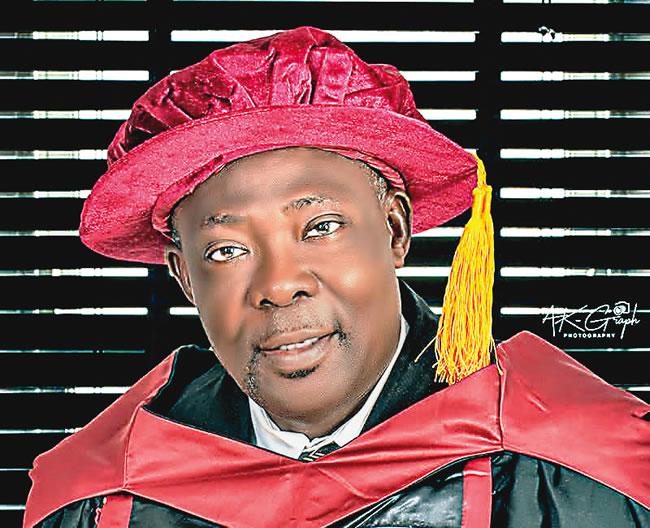

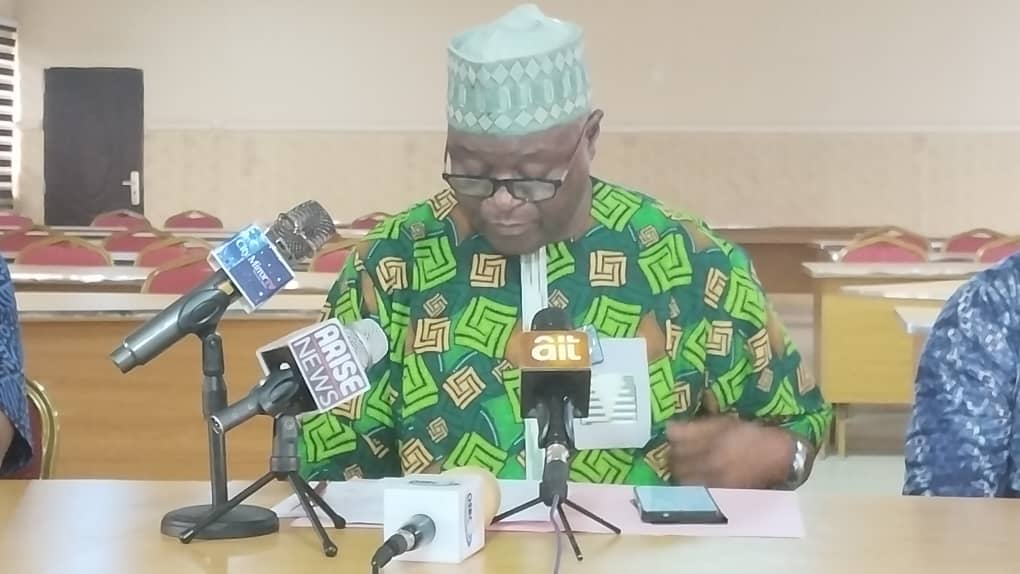
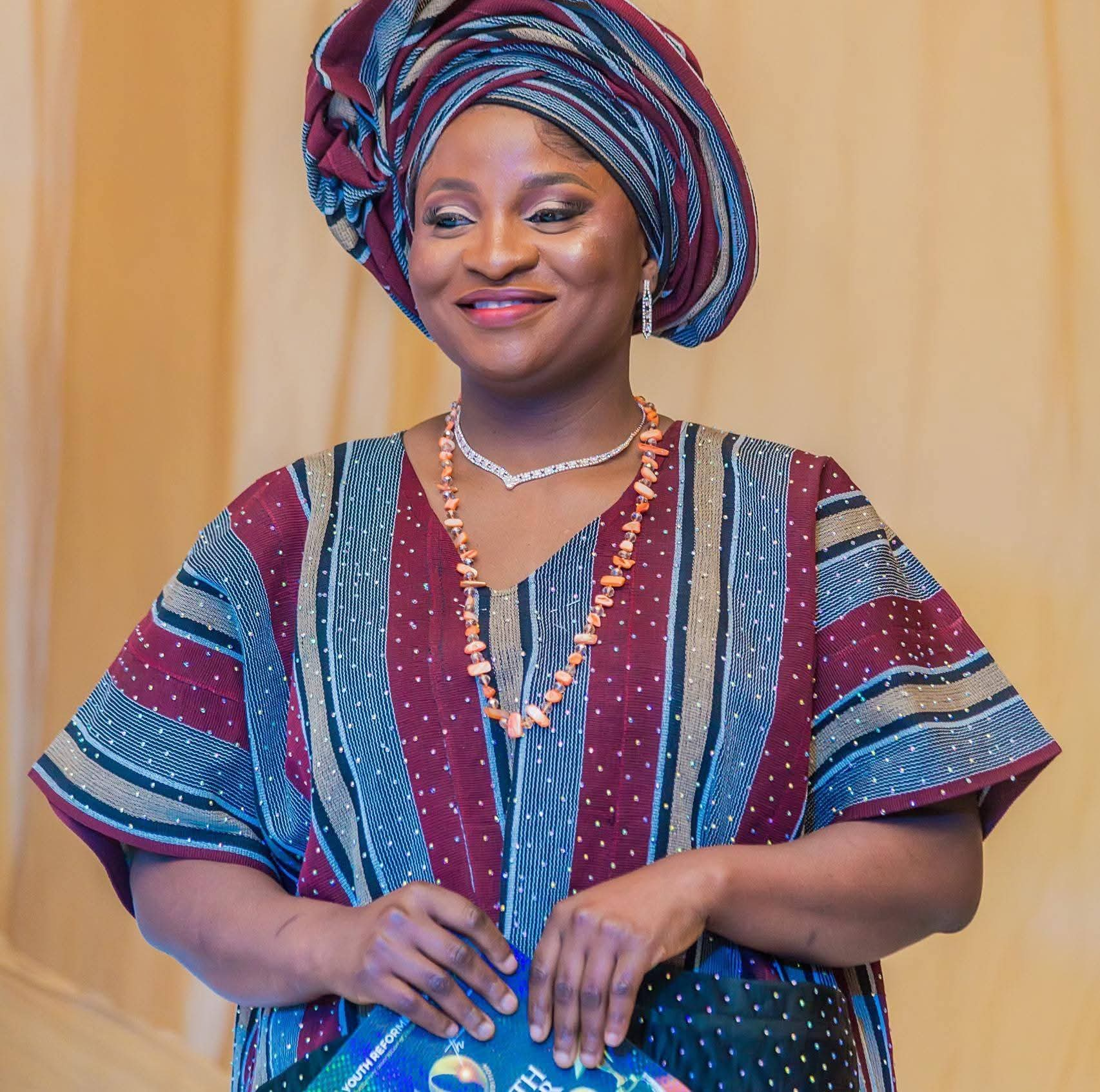
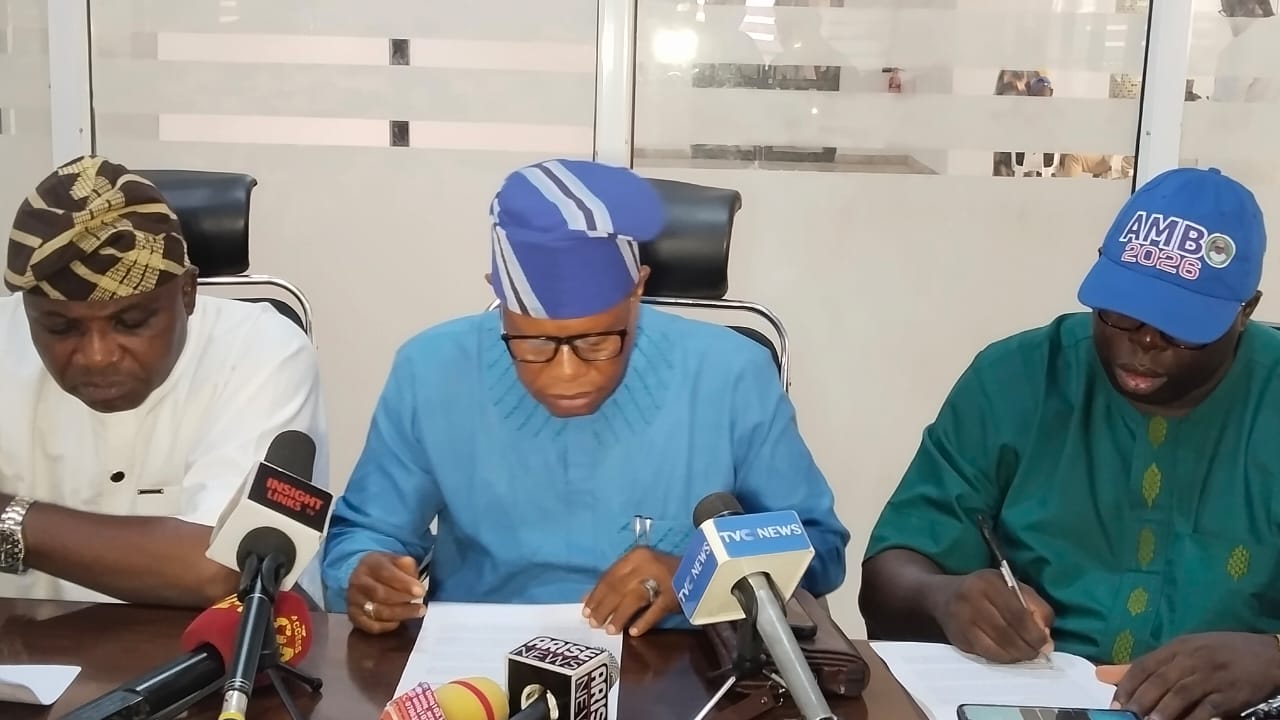
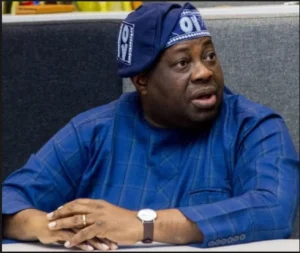
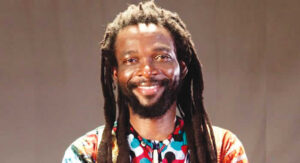
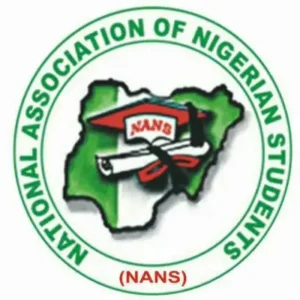
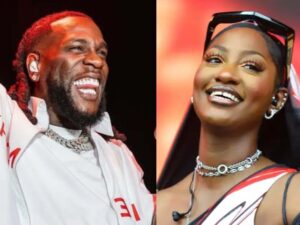
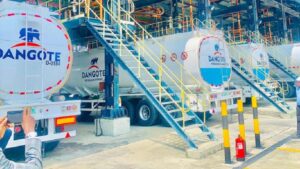
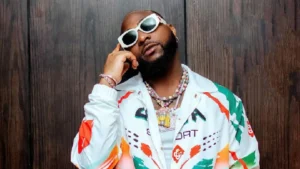
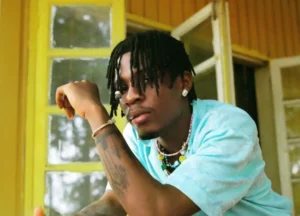
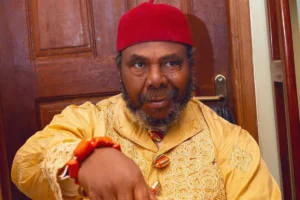
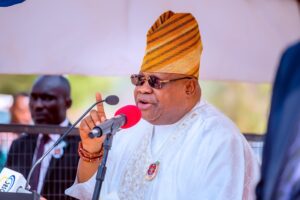

Post Comment